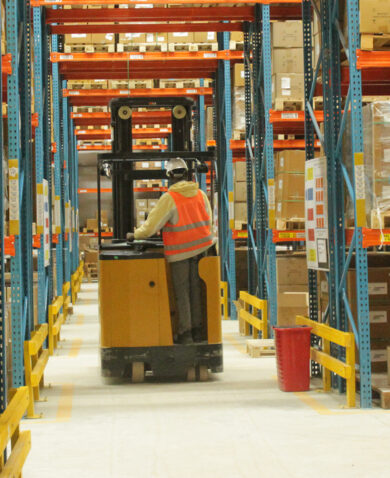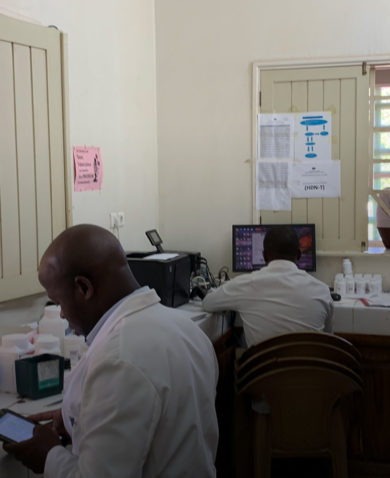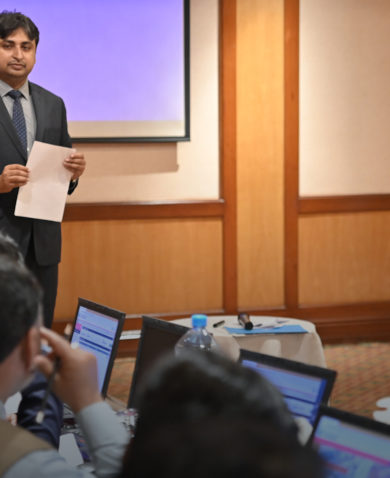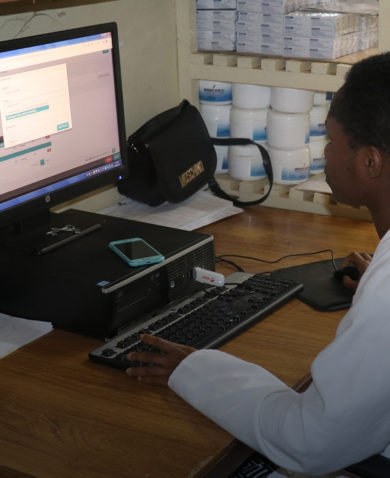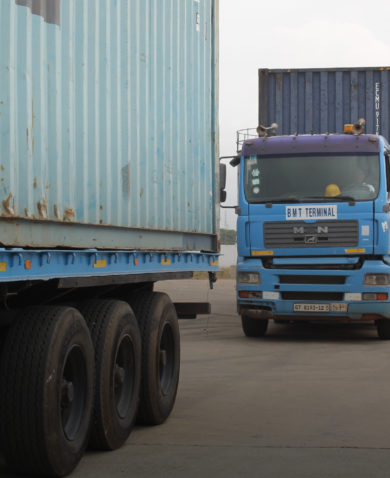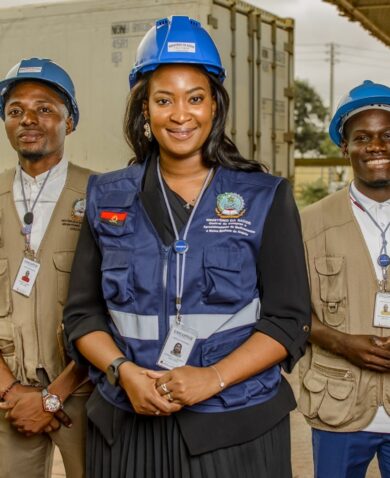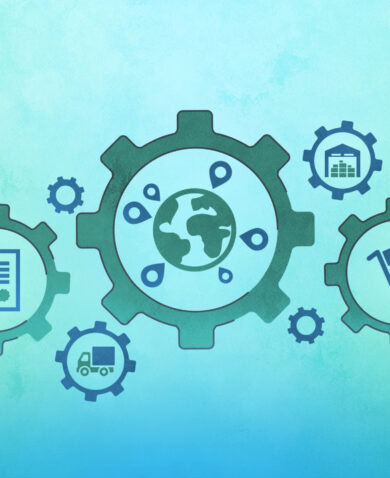
Chemonics News
News: Chemonics and Gran Colombia Gold Provide Insights on Sustainable Supply Chain Solutions
November 11, 2015 | 2 Minute ReadAt the 10th annual Sustainable Supply Chain Summit, Chemonics’ Senior Vice President Melissa Logan joined a representative from Gran Colombia Gold to discuss supplier selection and relationship management.
Bridging sustainable supply chains, business goals, and supplier relationships is key to developing and creating successful markets around the world. On November 11, 2015, Supply Chains Solutions Senior Vice President Melissa Logan presented at the 10th annual Sustainable Supply Chain Summit on Chemonics’ role adapting private sector practices to build resilient supply chains that address social and environmental challenges with transparent, accessible and innovative solutions.
The conference brought together leaders from a wide range of organizations, including multinational companies from the food and beverage, health, mining, and agriculture industries, as well as NGOs and government agencies to discuss sustainability practices in the supply chain process.
Ms. Logan partnered with Jose Ignacio Noguera from Gran Colombia Gold to showcase the experience of the USAID Colombia BioREDD+ program, which helps bring artisanal and small-scale miners into Gran Colombia’s supply chain through private operating contracts. Over 50 percent of the ore processed by Gran Colombia Gold is sourced today from these miners, giving them access to new technologies to raise productivity and reduce environmental impacts.
“Our approach is based on three critical components: first, trusted and secure relationships with the communities in which we operate are critical; second, compliance with legal regulations, high standards of ethics, and governance practices; and third, measuring results and continuous improvement,” explained Mr. Noguera.
The result is that Gran Colombia Gold and the local miners now operate in a more secure and sustainable social and legal environment. Miners receive consistent fair prices, pay taxes, and benefit from safer and healthier conditions.
In response to a question about the lessons learned, Ms. Logan said: “You don’t just do one thing and then you are done. There is no end to the adversity. We have to be persistent and to continually engage. And that engagement must happen in the communities where we are working. Incorporating suppliers formally into your supply chain requires high levels of engagement and high-touch effort.”

